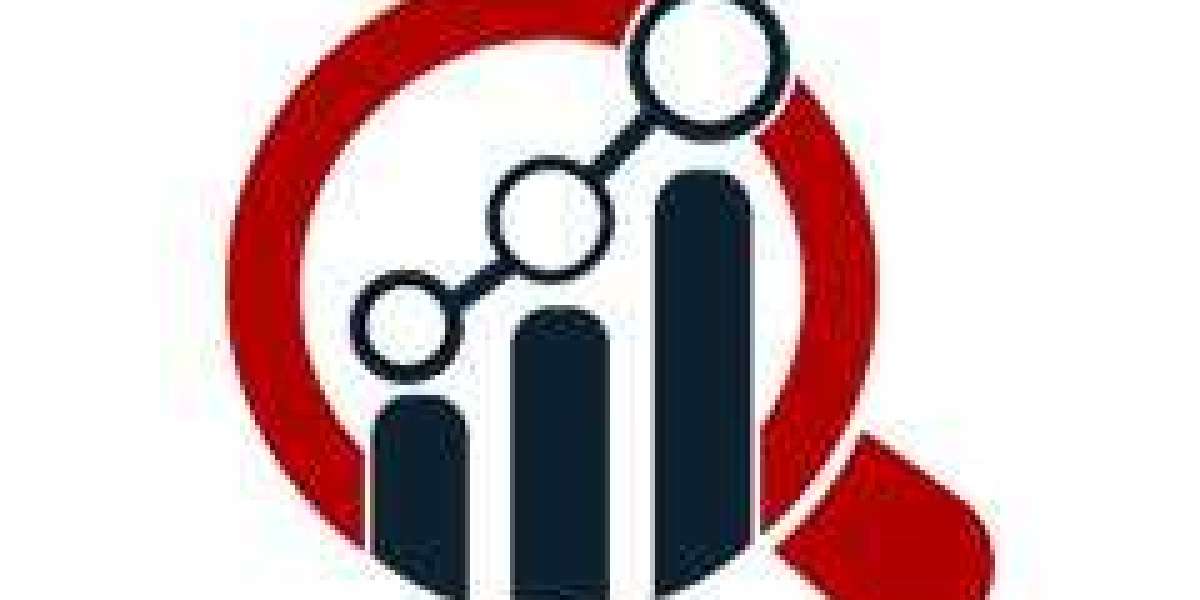Housekeeping app or Cleaning Service app, also known as cleaning software or housekeeping software, have become invaluable tools in various settings, such as the hospitality industry and common households.
These digital solutions are designed to enhance the efficiency and effectiveness of cleaning and maintenance operations, ensuring cleanliness, compliance with specific standards, and the safety and well-being of occupants and employees alike. In this article, we will explore the essential aspects of housekeeping apps and their relevance in today's world.
The Evolution of Housekeeping Apps:
- History:
Housekeeping apps have a fascinating history. They started as simple checklists and paper-based systems used by housekeepers to manually track tasks and inspections. However, with the advent of mobile technology and software development, they have transformed into sophisticated digital tools that have revolutionized housekeeping operations.
- Emergence in Different Industries:
Housekeeping apps are no longer exclusive to the hospitality industry. They have expanded their reach across various sectors, including hospitals, office buildings, and residential complexes. This widespread adoption is driven by their ability to streamline operations and enhance cleanliness standards, making them a valuable asset in today's diverse business landscape.
Key Features of Housekeeping Apps:
- Checklists and Inspections:
Housekeeping apps offer customizable checklists tailored to specific cleaning and maintenance tasks. These digital checklists have replaced traditional paper-based systems, making it easier for staff to conduct inspections and ensure nothing is overlooked.
- Task Assignment and Tracking:
Managers can efficiently assign tasks to housekeeping staff through these apps. Real-time tracking capabilities enable supervisors to monitor progress, ensuring that tasks are completed promptly and effectively.
- Communication Tools:
Effective communication is essential in housekeeping operations. Many apps provide built-in messaging features, allowing housekeepers and supervisors to exchange information, report issues, and coordinate tasks seamlessly. This real-time communication significantly enhances teamwork and problem-solving.
- Integration with Other Systems:
Housekeeping apps often integrate with property management systems (PMS) and other hotel management software. This integration ensures that data flows smoothly between different departments, reducing manual data entry and potential errors.
Benefits for the Hospitality Industry:
- Enhanced Cleanliness:
Housekeeping apps have elevated cleanliness standards within the hospitality industry. By streamlining inspections and cleaning processes, these apps help hotels maintain impeccable hygiene, meeting guest expectations for a comfortable and safe stay.
- Guest Satisfaction:
Satisfied guests are more likely to leave positive reviews and become repeat customers. Housekeeping apps play a pivotal role in achieving this by ensuring that rooms are well-maintained, clean, and ready for occupancy, contributing to overall guest satisfaction.
- Resource Optimization:
Efficient task assignment and real-time tracking enable hotels to allocate their housekeeping staff more effectively. This optimization results in reduced labor costs and improved operational efficiency, leading to better financial outcomes.
- Compliance:
Housekeeping apps assist hotels in adhering to health and safety regulations. By automating checklists and providing a digital trail of cleaning activities, these apps help establishments demonstrate their commitment to compliance and guest well-being.
Household Management:
- Homeowners:
Housekeeping apps have transcended commercial settings and are now accessible to homeowners. Individuals can utilize these apps to create cleaning schedules, manage household chores, and keep their homes organized.
- Smart Homes:
Integration with smart home devices allows housekeeping apps to automate various tasks. For instance, these apps can control robotic vacuum cleaners, adjust thermostats, and even turn off lights when rooms are unoccupied, enhancing the overall convenience and efficiency of home management.
Real-time Monitoring and Reporting:
- Instant Updates:
Housekeeping apps empower staff to update room statuses in real time. Whether a room is clean, dirty, or occupied, this instantaneous information enables better coordination and planning.
- Incident Reporting:
Quick and efficient incident reporting is crucial for addressing maintenance issues promptly. Housekeeping apps facilitate this process, allowing staff to report broken fixtures, leaks, or other problems instantly, minimizing guest inconvenience and property damage.
Compliance and Quality Assurance:
- Standardization:
Housekeeping apps ensure consistent adherence to cleaning standards across various properties, promoting brand consistency and customer satisfaction.
- Audits and Analytics:
Managers can leverage data collected by housekeeping apps to conduct audits and gain valuable insights. Analyzing inspection data helps identify trends, areas for improvement, and training needs, leading to continuous quality enhancement.
Employee Productivity and Communication:
- Task Visibility:
Housekeeping staff can access their assigned tasks, deadlines, and priorities through these apps, reducing confusion and improving time management.
- Effective Communication:
The built-in communication features of housekeeping apps foster efficient collaboration between housekeepers, supervisors, and other departments, promoting a cohesive and responsive team.
Integration with IoT and Smart Devices:
- Efficiency:
Housekeeping apps can seamlessly integrate with IoT devices such as smart thermostats and sensors. This integration allows for the efficient control of energy usage and maintenance, contributing to reduced costs and improved sustainability.
- Predictive Maintenance:
By leveraging data from smart devices, housekeeping apps can predict maintenance needs. This proactive approach helps prevent equipment breakdowns, ensuring that properties remain in excellent condition and minimizing disruption for guests or residents.
In conclusion,
Cleaning service app have come a long way from their humble beginnings, transforming cleaning and maintenance operations across various industries. Their versatility, real-time capabilities, and integration with emerging technologies make them essential tools for enhancing cleanliness, productivity, and overall well-being in both commercial and residential environments. As these apps continue to evolve, they are poised to play an even more significant role in shaping the future of housekeeping and property management.








